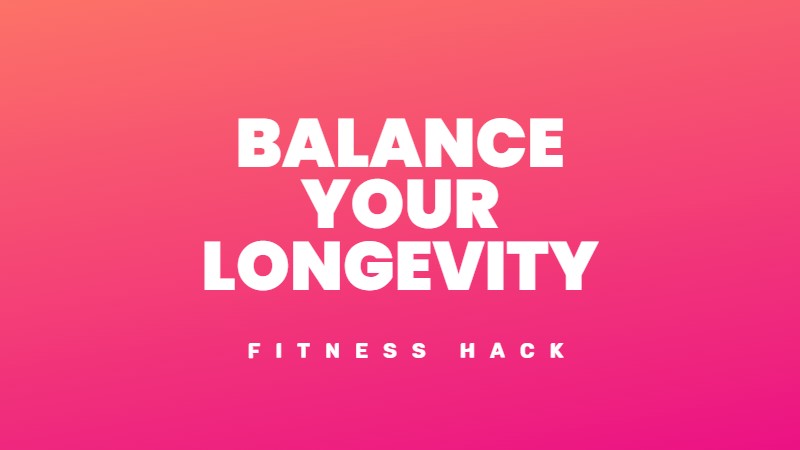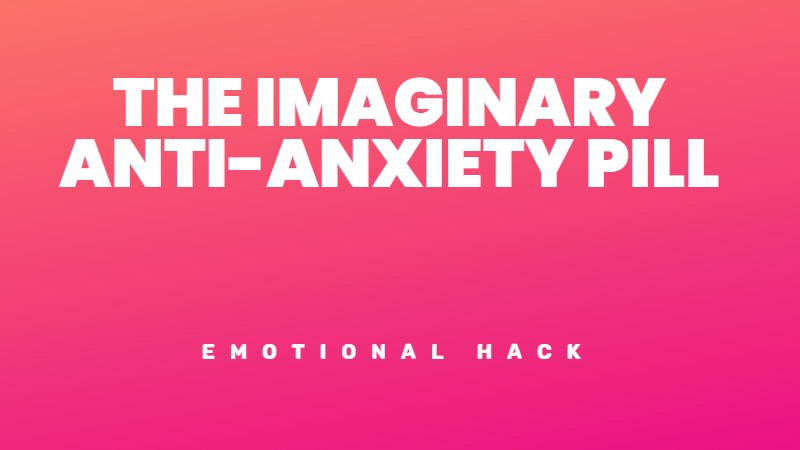Sleep isn’t a luxury – it’s a fundamental human need, as essential as air, water, and food. When we sleep well, we think more clearly, manage our emotions better, and have the resilience to handle life’s curveballs. But for many of us, sleep is elusive. Stress, screens, and packed schedules conspire to keep us wired when we should be tired.
Small changes can yield big results when it comes to getting restful, restorative sleep.
Make your bedroom a sleep haven
Make your bedroom a sleep sanctuary. Keep your bedroom dark, quiet, and cool (60-68°F/16-20°C is ideal). Use comfortable bedding and pillows. Remove clutter and distractions like TVs and electronics. Make your bedroom an inviting place for rest.
Build better sleep habits
Stick to a consistent sleep schedule. Going to bed and waking up at the same times every day helps regulate your body’s internal clock. Pick a bedtime that allows for at least 7-8 hours of sleep and a wake time that works with your schedule. Stick to it, even on weekends.

Have a pre-sleep ritual
Create a relaxing bedtime routine. Wind down for 30-60 minutes before bed with calming activities. Read a book, take a warm bath, or do some gentle stretching. Avoid screens, work, and stressful tasks. A consistent routine signals to your body that it’s time for sleep.
Food and drink choices matter
Avoid caffeine late in the day. Caffeine can stay in your system for hours and disrupt sleep. Stop consuming coffee, tea, soda, and chocolate at least 6 hours before bedtime. Choose herbal tea or water instead.
Limit alcohol before bed. While alcohol may make you feel sleepy initially, it disrupts sleep later in the night. It reduces REM sleep and may cause you to wake up more frequently. If you drink, do so in moderation and stop a few hours before bed.
Avoid large meals before bed. Eating a big meal late at night can cause indigestion and discomfort that disrupts sleep. If you’re hungry, have a small, light snack. Some people find a small snack that combines carbs and protein, like whole grain crackers with almond butter, helps with sleep.
Quick tips that work
Get some sunlight during the day. Exposure to natural light, especially in the morning, helps regulate your circadian rhythm. Open your curtains when you wake up or step outside for a few minutes. Aim to get at least 30 minutes of sunlight per day.
Get regular exercise. Physical activity during the day can improve sleep quality at night. Aim for at least 30 minutes of moderate exercise most days, but not too close to bedtime. Finish workouts at least 3 hours before sleep.
When you can’t sleep
Try relaxation techniques. If racing thoughts keep you awake, practice relaxation exercises. Deep breathing, progressive muscle relaxation, and visualization can calm your mind and body. There are many guided exercises available through apps and online.
Don’t stay in bed if you can’t sleep. If you’ve been in bed for more than 20-30 minutes and can’t fall asleep, don’t toss and turn. Get up and do a calming activity, like reading or listening to soft music, until you feel drowsy. Then go back to bed.

Red flags!
Most people think they know what bad sleep looks like. They picture someone tossing and turning all night or lying awake counting sheep. But dangerous sleep problems often hide in plain sight. Your spouse’s loud snoring might be sleep apnea. Your afternoon drowsiness could signal a serious disorder. That midday caffeine dependency? It might reveal something more troubling than a simple coffee habit.
Talk to your doctor if you:
Track your progress
People love tracking steps, calories, screen time – but almost no one tracks their sleep. We spend a third of our lives sleeping, yet treat it like a black box. I made this mistake until my doctor asked a simple question: “What time did you fall asleep last night?” I opened my mouth to answer, then stopped. I had no idea. Not just for last night, but any night in recent memory.
The things we measure are the things we improve. Note these things each morning:
Benefits of good sleep
The weirdest part about my first good night’s sleep in years wasn’t the extra energy or better mood. It was the colours. Walking to work the next morning, I noticed the deep red of a maple tree, the rich blue of the sky, the bright yellow of a passing taxi. I stopped, staring at everything like a kid seeing the world for the first time. My sleep-deprived brain had been living in greyscale. Sleep doesn’t just restore your body – it brings the world back to life.
Sleep might feel like lost time – those quiet hours when emails pile up and deadlines tick closer. But your body runs the most essential maintenance during those “offline” moments. Each night of good sleep sharpens your mind, repairs your cells, and builds your defences.
The best days of your life start the night before.




Leave feedback about this